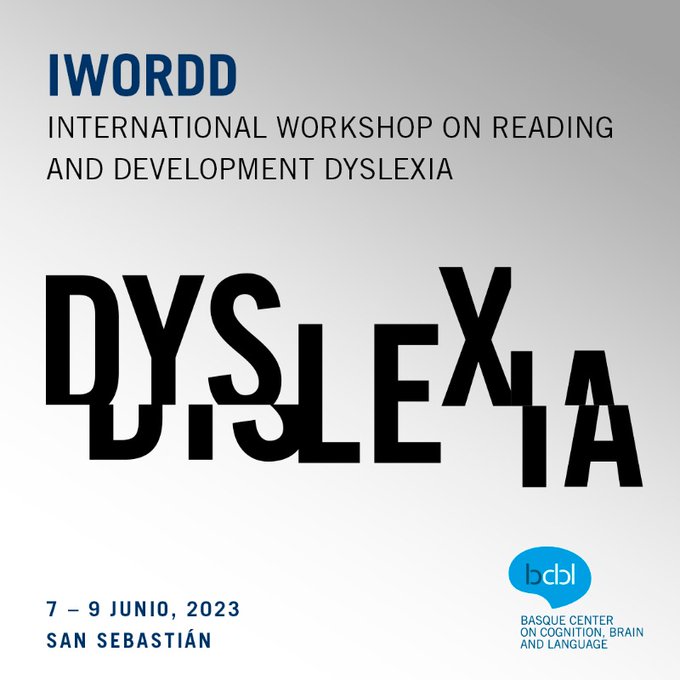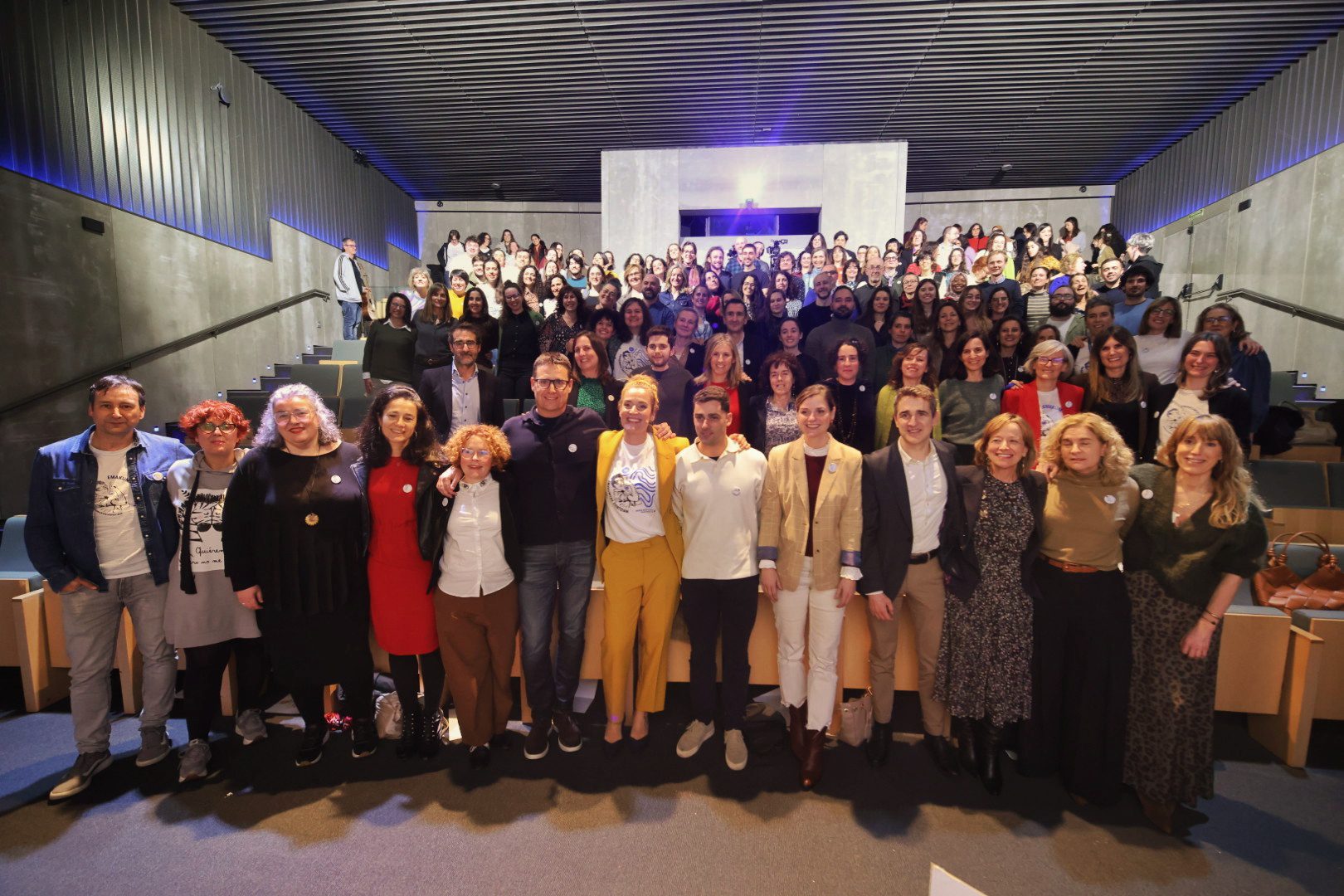The latest advances in dyslexia research meet in San Sebastian

The BCBL is organising the fourth edition of iWORDD from 7 to 9 June at the Donostia Campus of the Euskadi Technology Park to bring teachers, parents and mothers closer to the scientific knowledge associated with this language disorder.
New digital tools for diagnosing dyslexia, early intervention programmes successfully applied in other countries and how the pandemic has changed the education of dyslexic children will be presented.
 How has the covid-19 pandemic changed the literacy of children with dyslexia, and are miracle cures for this language disorder really necessary? These and other questions will be the focus of the next edition of the iWORDD (International Workshop on Reading and Developmental Dyslexia) 2023 event.
How has the covid-19 pandemic changed the literacy of children with dyslexia, and are miracle cures for this language disorder really necessary? These and other questions will be the focus of the next edition of the iWORDD (International Workshop on Reading and Developmental Dyslexia) 2023 event.
The Basque Center on Cognition, Brain and Language (BCBL) is organising the fourth edition of this international event from 7 to 9 June in the central building of the Donostia Campus of the Euskadi Technology Park to present the latest advances in the study of dyslexia, a deficit that affects between 3 and 10% of the world’s population.
“The first two dates will feature a scientific congress that will serve as a meeting point for the world’s leading experts in this field, while on the last day we will bring this knowledge to people who deal with dyslexic people,” explains Marie Lallier, lead researcher of the Neuroeducation and Developmental Disorders group at BCBL and member of the iWORDD scientific committee.
Technology, education and covid-19
Thus, on Friday 9 June, under the title “From theory to practice”, the event will bring some of the most significant scientific advances to parents, teachers, therapists and speech therapists. The date will also be attended and opened by the Basque Government’s Minister of Education, Jokin Bildarratz.
For example, BCBL expert Marie Lallier (16:00-17:00h) will present digital tools developed by the centre to put its scientific findings on dyslexia into practice.
“Our tools are aimed at facilitating the detection and diagnosis of dyslexia, as well as improving educational interventions to alleviate the negative effects of this disorder,” said Lallier.
During the day, French researcher Franck Ramus (11:30-12:30) will also talk about the different “miracle” products on the market for children with dyslexia and provide the keys to knowing what works and what doesn’t; and British professor Charles Hulme (12:30-13:30) will present the work of the Nuffield Early Language Intervention (NELI) programme, which is currently being developed in some 10,000 primary schools in England, as well as the LanguageScreen.com application.
“NELI shows us that early intervention can produce significant improvements in children’s oral language skills, reading comprehension and reduce behavioural problems. And the virtual application allows schools to identify children with language deficits and monitor their progress,” says Hulme.
In addition, UK professor Cameron Downing will lead a symposium (10:00-11:00) on the impact of the Covid-19 pandemic and remote education on children with dyslexia, which usually requires intense face-to-face activity, as well as growth in the development of new, effective and robust assessment and intervention technologies.
All iWORDD 2023 talks will be in English except Marie Lallier’s, which will be in Spanish, and will be simultaneously translated into Spanish, Basque and English.
The information to register and be able to attend is available on their website.




